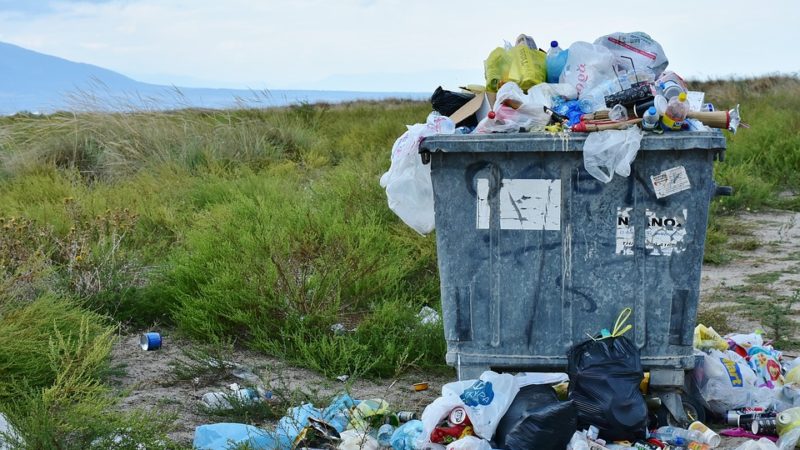
SPONSORED POST
If we are to adapt to the future ahead, deliver the total system change required and accelerate toward a future zero-carbon economy, we need to do more – and do it faster. That was the key outcome of Coca-Cola’s annual forum, Real Talk, which discussed charting a practical policy path to reducing plastic waste via the delivery of a GB-wide deposit returns scheme (DRS).
With such an ambitious goal, a heavyweight panel came together – including Dr Tony Juniper CBE, WWF, McDonald’s, M&S and Behaviour Change – held in partnership with packaging leaders WRAP. Panellists discussed the importance of government, industry and third-sector collaboration to help design a circular economy and create the right kind of business environment to speed up and deliver sustainable packaging on a global scale.
The discussion focused on the importance of strong partnerships delivering on Coca-Cola’s vision to achieve a world without waste – which will see the company help to collect and recycle a bottle or can for every one sold by 2030. System-level change starts with collaboration and is only made possible by widening the conversation across industry.
That’s because the burden cannot fall on consumers alone, especially in times of financial hardship. While their behaviour will drive the step-change required, industry and policymakers must work together to help everyone make good choices.
To reduce our reliance on plastic, Coca-Cola is driving collective action to ensure that our packaging is as sustainable as possible. In Great Britain, all Coca-Cola bottles are 100% recyclable, and 500ml bottles, excluding the label and cap, are made from 100% recycled plastic content (rPET) – saving 29,000 tonnes of virgin plastic production each year. Together with bottling partner, CCEP, sustainable packaging innovation is embedded in how the Coca-Cola system conducts business. Coca-Cola was the first soft drinks company in the UK to introduce attached caps and set up the UK’s first bottle-to-bottle recycling facility.
But reducing our reliance on plastic is only one part of the journey. Coca-Cola’s ambition is to create an action-based circular economy and increase the availability of food-grade recycled plastic locally available in the UK. To achieve this, more of the plastic put onto the market needs to be collected. That’s why Coca-Cola supports the introduction of an integrated, all-in nationwide DRS to collect more bottles and more high-quality recycled plastic, which can ultimately be converted into new bottles, therefore incentivising investment in the recycling industry and creating high-value jobs.
Only an industry-led interoperable scheme across England, Scotland and Wales that includes small and large cans and bottles can reduce litter and deliver maximum consumer take-up. This will also ensure the integrity of UK supply chains across the four nations and reduce fraud, minimising administration costs at an exceptionally challenging time for small businesses. Backed by more than 70% of the public, a DRS designed in an integrated fashion can reach more than 90% in collection uptake and reduce litter significantly. Recycling rates are stagnating, and a new approach is needed.
There is no ‘silver bullet’, but focus must be given to practical, priority actions that can make a tangible difference to our public and green spaces now. That starts with a unified DRS scheme. And that starts with more real conversations. As the UK looks to become a global leader in recyclability to build a circular economy and drive a fairer, greener future, it is vital industry and policymakers across all four nations work in lock-step to achieve this critical goal – now. You can read more about the discussion here.




More from LabourList
‘Security in the 21st century means more than just defence’
‘Better the devil you know’: what Gorton and Denton voters say about by-election
‘Unity or division’: Starmer’s message to voters in Gorton and Denton